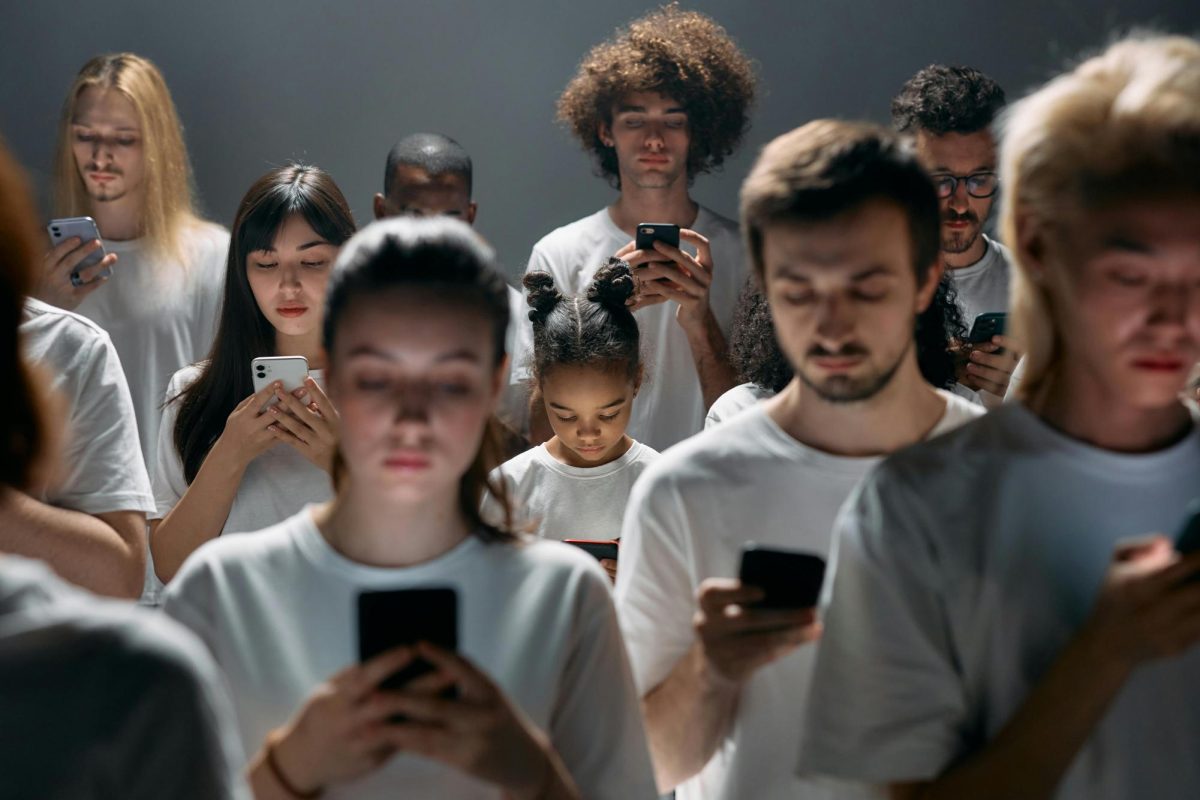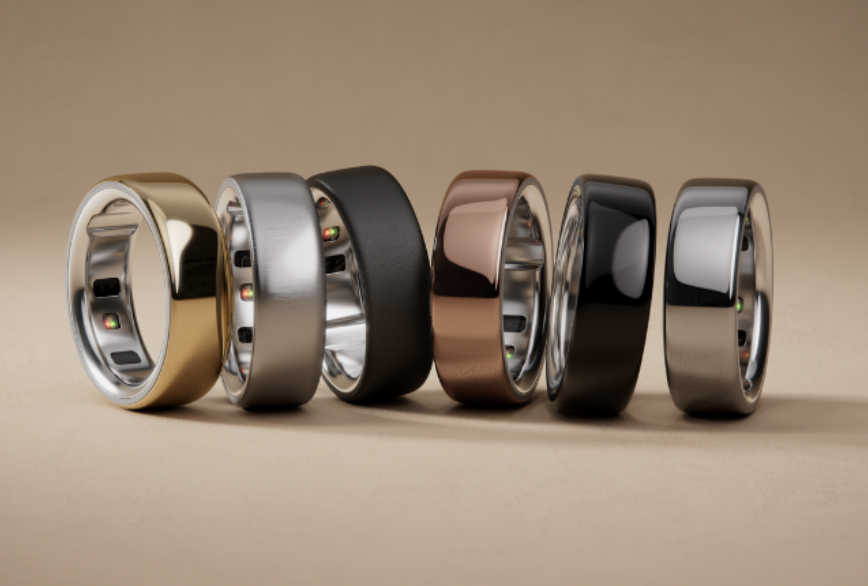The world has changed rapidly with the introduction of the digital world. Electronics are beneficial to job settings and have become a common way to communicate. Texting, calling, or FaceTime are quick and reliable ways to connect with people. Social media has grown drastically throughout the past twenty years. Apps like Snapchat, Instagram, and TikTok have created a connection with friends and strangers around the world. The internet has opened opportunities to learn and grow together as a society. While social media has made communication more accessible, it has also diminished key interpersonal skills. A lack of in-person interactions and relationships has been created by our reliance on phones. The developed addiction to devices has created a disconnect where people are unable to be in the moment and lack self-control when trying to avoid using phones. This leads to a negative effect on the quality of time we spend together. It is crucial to study the causes and effects of the overconsumption of technology, so we can create healthy boundaries with our phones.
As Stoic philosopher Marcus Aurelius once said, “Human beings have been made for the sake of one another.” However, when social networks and media suddenly sprang into existence, these connections began to take on a new form. According to Mind And Body Counseling Associates, “miscommunication and misunderstandings due to lack of nonverbal cues” is a negative effect of our reliance on technology. The absence of body language, facial expressions, and tone of voice is lacking when relying on text-based communication. The barrier of communication can cause the possibility to strain relationships even if the confusion is unintentional. Based on Pew Research, jealousy has become a rising factor in romantic relationships because of how easy it has become to cheat with the accessible interactions that come with social media. The misunderstandings developed from reading texts and phone calls with low emotional accuracy over the phone can hinder the growth of empathy in humans. These numerous problems are fueled by the inaccurate measure of reliability we put into our phones.
Though technology is helpful at times, is it always needed at every moment? The short answer is no. Though they are not necessary to every environment, they often end up becoming a distraction in times when we need to prioritize focusing. A common example is sitting at a group dinner on your phone while missing the chance to connect. The option to create memories instead is frequently traded for the dopamine hit we get from our phones.
According to studies by Permian Basin College, “Smartphones are so addictive because every time we use them, it triggers a surge of dopamine.” According to CBS News, “nearly 57-percent of us admit to being addicted to our phones.” Learning not to rely on this starts with setting healthy boundaries for your phone. Examples like this include limiting the time on apps that you often find yourself mindlessly scrolling on. Keeping your phone in another area from yourself when trying to focus is also a good way to relieve the temptation of reaching for it.
As stated by The Guardian, there has been a “huge explosion in the numbers of people struggling with minor addictions” caused by our extensive use of phones. Dr. Anna Lembke is an expert on different addictions, and she comments, “We’ve forgotten how to be alone with our thoughts. We’re forever interrupting ourselves.” This addiction to technology has been represented in studies as a lack of happiness in our lives. Excessive time on screens has been proven to cause anxiety, sleep disturbance, and depression. Practicing disconnection from devices is not easy or a quick fix, but after implementing it more, it becomes more of a habit than an obligation.
Realizing phones aren’t necessary for every moment raises even more questions. One being, how does the quality of these social moments without our phones strengthen? People are often seen “together” while staring mindlessly at their screens. As mentioned in New Horizons, this habit of paying attention to our phones can lead to a decrease in social confidence, making it more challenging to engage in meaningful face-to-face interactions.” It deprives us of opportunities to grow in social abilities and social skills as well. So, what are the ways we can make the time spent together quality time? One thing I do with my friends to prevent this disconnection is making a phone pile amongst my friends and me. At dinners, various hangouts, or important conversations, we all place our phones on top of each other far from our reach. This not only improves our focus in the moment, but it creates memories worth reminiscing about. Telehealth suggests determining if the intentions of use are necessary, and having others hold you accountable for your screen time is a good way to rewire our habits.
By breaking away from our device-driven society, we can create better and healthier habits. We unlock the potential to explore personal interests, possible experiences, and the creation of better social skills. I encourage you to explore hobbies that exist outside of social media and scrolling aimlessly. Just imagine all the things we could have through in-person interactions that we often trade in for mindless entertainment.
Categories:








